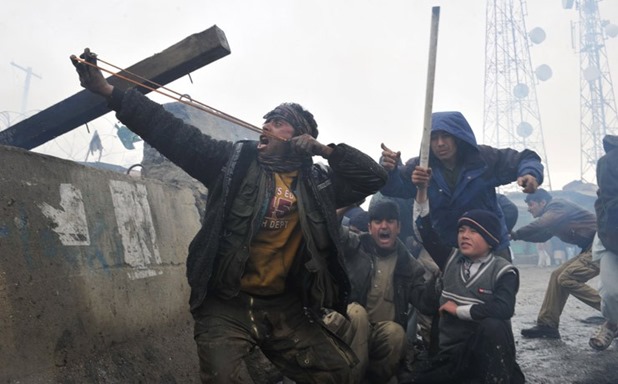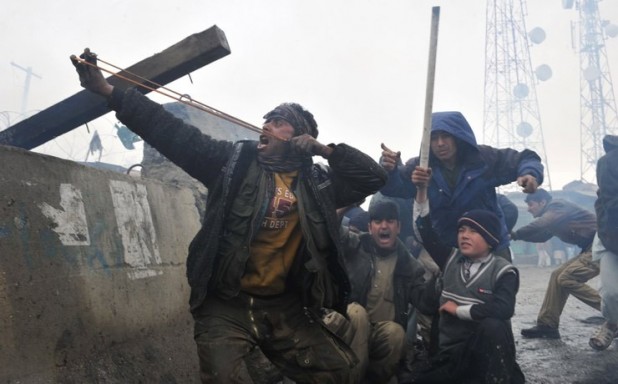Andrew Anglin
Daily Stormer
May 29, 2016
Despite the non-stop talk about the “brutal civil war” in Syria, the number one country from whence the men flooding into Germany originate is Afghanistan.
There is no war in Afghanistan. Just as there is no war in Pakistan, the number two country from which these men originate.
They are coming because Merkel invited them to come and live on welfare.
And they aren’t going back.
Interior Minister Thomas de Maiziere has said that “people who come from Afghanistan cannot expect that they will be able to stay,” and the government regularly emphasizes that fewer than 50 percent of Afghans’ asylum applications are granted.
But the reality is different.
The German government factors in not only asylum rejections but also so-called “formal decisions” — where an applicant isn’t refused on the merits of their case but for other reasons like because another European country is responsible, or because the migrant left Germany on their own or married a German. Looking at adjusted figures that remove the formal decisions, closer to 80 percent of Afghans are granted protection, according to ProAsyl, Germany’s main refugee rights organization.
“Many of them have been in a panic even though we tried to convince them that their chances are relatively high here,” said Bernd Mesovic, deputy head of ProAsyl. “What the German government is doing now is a policy of discouragement with its trash talk about Afghans.”
This policy — trying to get migrants to voluntarily go home or, better yet, not come to Germany at all — is critical because deportations can take many months when factoring in the time it takes to apply for asylum, wait for a decision, and then go through the appeals process.
Deportations are rising — twice as many people were deported from Germany in 2015 as in 2014 — but it still only amounted to 20,888 people last year. Of those, most were sent back to the Balkans; only nine people were deported to Afghanistan in 2015, two to Iraq and nobody was deported to Syria.
There is no legal mechanism for physical removal. This is a type of situation where you hit home base and then you’re safe – as long as you can set foot in Germany, you can stay there forever.
And the migrants know this. That’s why you see them trying to break down the fence in Greece.

